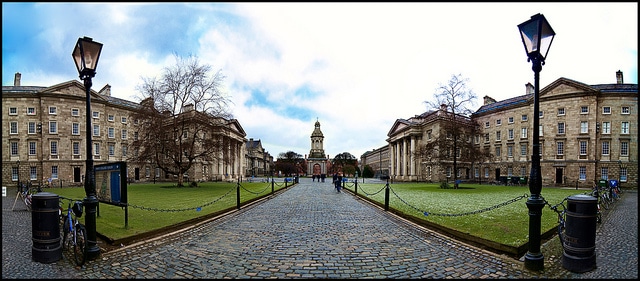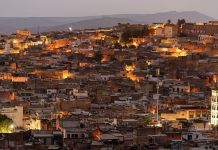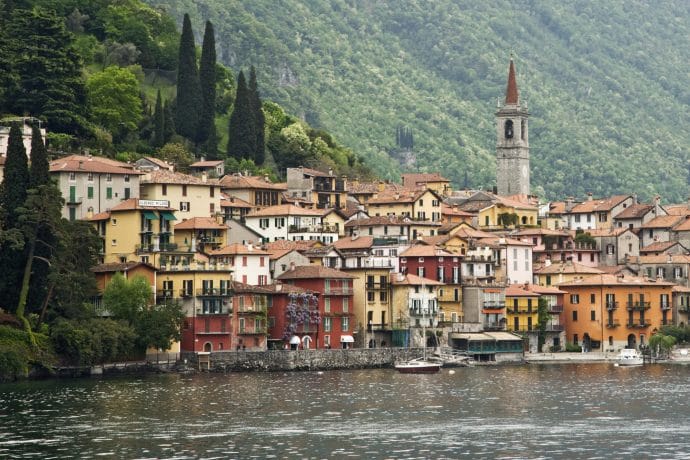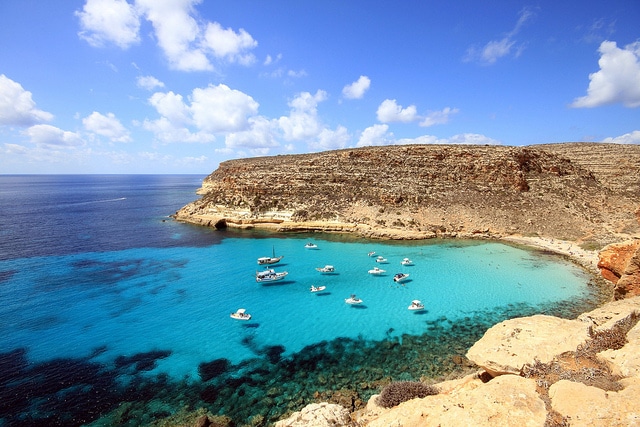Well worth a visit is the Trinity College. Founded in 1592 by Queen Elizabeth I, the building is one of the most respected universities in europe. Here is preserved one of the oldest books in the world, The Book of Kells, a ninth century manuscript with miniatures designed with care by monks copyists. Trinity College is located in the Old Library, the historic library in Dublin.

On the first floor of the Old Library is also the Long Room, the old library in which they are perfectly preserved ancient volumes for all of the 65-meter height of the shelves! Entrance costs € 9 for adults, € 8 for students and seniors and is free for children under 12 years and for those who are accompanied by students of Trinity College. Opposite to Trinity College is the Central Bank of Ireland. If you keep moving to the Dame Street, you’ll find the City Hall. There are a lot of accommodation options in Dublin and it is very easy to book online a Cheap Dublin hotel .
Between Trinity College and City Hall is the medieval cathedral of Dublin, Christ Church, the oldest church in the city, built in 1038. The price of admission is € 6 for adults, € 4 for seniors, € 3 for students and € 2 for children under 12 years. Inside you can also visit the crypt, but they told me that it is not anything special, except for the mummified remains of a cat and a mouse got stuck in the pipes of the organ…
The other church that deserves to be visited during a trip to Dublin is the majestic of St. Patrick’s Cathedral, as in the summer and spring is surrounded by green lawns and colorful flowers. The entrance has a cost of € 5.50 for adults and € 4.50 for students and seniors. Nearby is the St. Stephens’ Green, a large park in the city center, ideal for a nice walk outside!
The heart of Dublin’s Grafton Street is in any case, the life of the city and one of the city’s most famous shopping streets. Here also lies the huge shopping mall St. Stephen Shopping Centre.
For the art lovers in Dublin is the National Gallery, a museum that houses a large collection of art from the Middle Ages to the present day and contains masterpieces by Caravaggio, Velazquez, Monet, Van Gogh, Rubens, Picasso and the most large collection of Irish art in the world. Admission is free. Another interesting museum is the Museum of Natural History.
Other places to visit in Dublin are the National Library of Ireland, the central market, the Chester Beatty Library with its collection of objects from around the world, the Grand Canal Square Theatre opened in March 2010, the Convention Centre, Castle of King John, the home of Yeats, and for lovers of design buildings on Grand Canal Quay, the two bridges of Calatrava (the Samuel Beckett Bridge and the James Joyce Bridge) and the ‘Ha’penny Bridge, the famous bridge pedestrian arch built in the early 800 to connect the two banks of the River Liffey.
Last but not least, the Temple Bar area, which has numerous pubs, bars. For beer lovers, however, the place worth visiting is the Guinness Storehouse, the brewery symbol of Ireland. A guided tour includes a visit to the factory built on levels 6-7 with stops for tasting seeds, malt and of course beer!
By Nikos K














